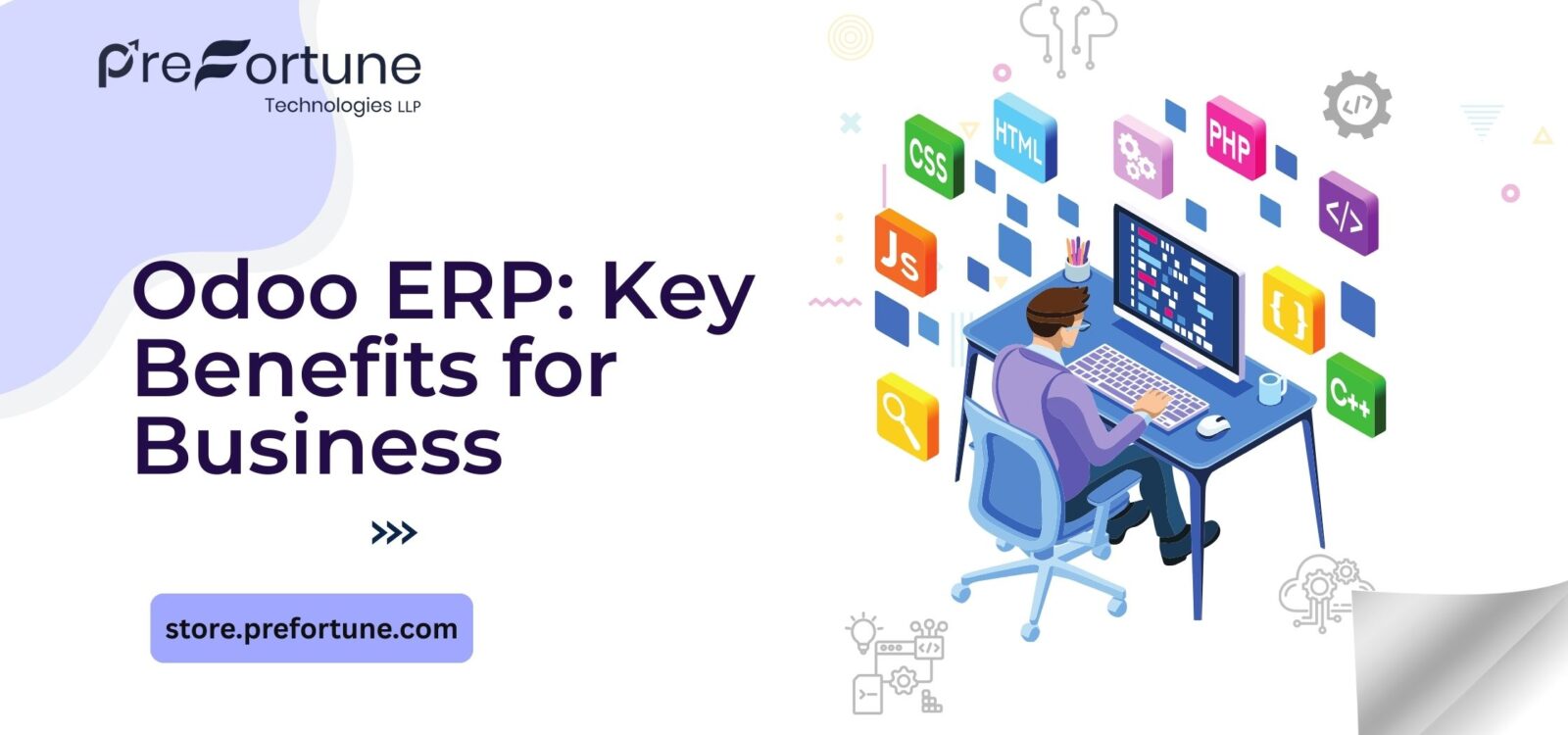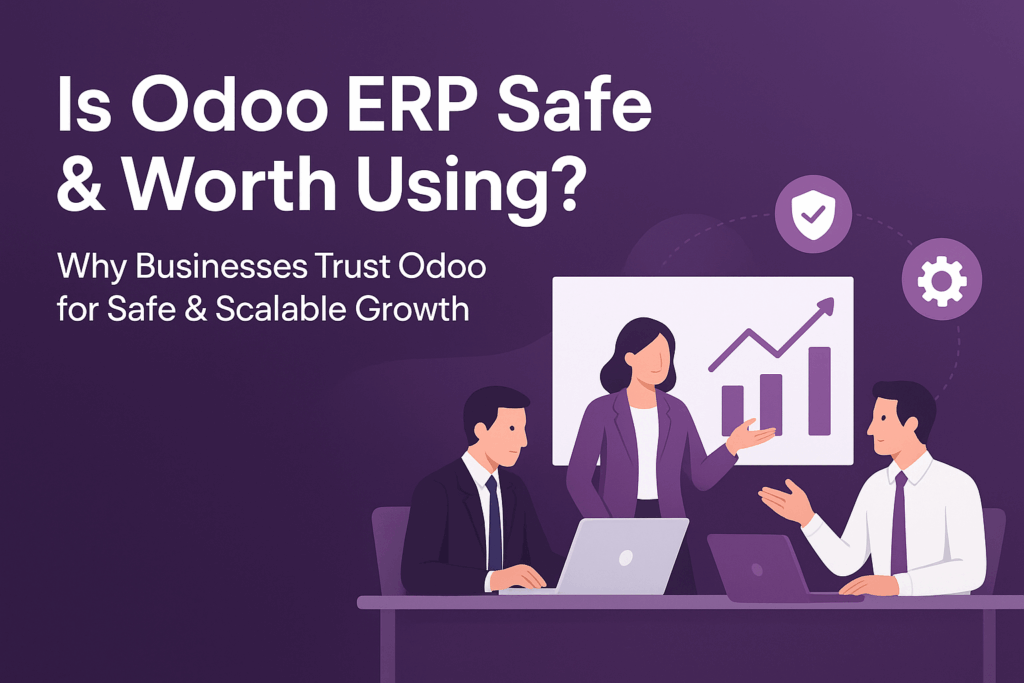
Introduction
Running a business efficiently requires keeping many processes connected and organized. Enterprise Resource Planning (ERP) systems help companies achieve this by combining different operations into one platform. Among the ERP solutions available today, Odoo ERP has grown popular across the globe because of its flexibility, wide range of features, and ability to adapt to different business needs.
Many businesses ask: is Odoo safe, and is it worth using compared to other ERP systems? This guide will answer these questions and explain why Odoo is considered a practical choice for organizations of all sizes.
What is Odoo ERP?
Odoo ERP is a software system that brings together key business processes such as sales, customer relationships, inventory management, accounting, and more. It allows companies to manage operations from a single platform, which improves accuracy and efficiency.
Because Odoo is open source, businesses can adjust it to meet their unique requirements. This is a major advantage over some other ERP systems that are rigid and costly. The modular structure of Odoo also allows companies to start with the applications they need most and gradually add more as the business grows.
Core Features and Benefits
Modular Structure: Businesses can select only the features they require, avoiding unnecessary tools that may complicate operations. Key modules include CRM for managing customers, inventory for stock control, and accounting for financial management.
Flexible and Adaptable: Odoo’s open-source nature allows businesses to modify workflows, create custom reports, and tailor the system to fit their processes. This makes it suitable for various industries, including retail, manufacturing, services, and e-commerce.
User-Friendly Design: Odoo software is designed to be easy for teams to learn and use. Employees can quickly adapt to the system, reducing the need for long training sessions.
Affordable and Scalable: The Community edition of Odoo is free, and the Enterprise edition provides additional features at a reasonable price. Companies can begin with essential modules and expand over time without heavy upfront costs.
Global Adoption: Odoo ERP is used by businesses worldwide, from small startups to large organizations. Its features can be adapted to meet the needs of companies operating in different countries, making it a reliable option for international users.
Why Odoo Stands Out
Compared to other ERP systems, Odoo offers clear advantages. Its open-source design means businesses can make changes without high licensing costs. The modular approach ensures that only necessary features are implemented, helping keep expenses and complexity manageable. Regular updates and contributions from a global community also keep Odoo secure and continuously improving.
Odoo’s combination of flexibility, affordability, and comprehensive features makes it a solution that is not only practical but also trusted by many businesses around the world.
Real-World Use Cases
Odoo ERP can be applied across different industries. Retail companies use it to manage sales, customers, and inventory efficiently. Service businesses track projects and client relationships using Odoo’s CRM and project management tools. Manufacturing firms monitor production, manage resources, and streamline logistics. E-commerce companies rely on integrated sales, inventory, and accounting modules to stay competitive.
These examples show how Odoo adapts to various business environments, demonstrating its value for both small and large companies.
Conclusion
Odoo ERP is a flexible, affordable, and comprehensive solution for businesses looking to streamline operations and improve efficiency. Its open-source design, modular features, and global adoption make it a reliable option for organizations across industries.
If you’re looking to grow your business with Odoo ERP and need the right guidance, consult our expert Odoo Consultant today.














